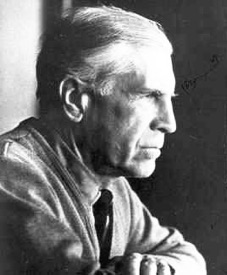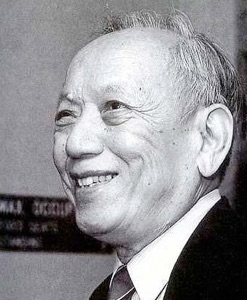Seminar — Differential Forms in Algebraic Topology

Monday, February 8, 2016 (Gil)
Introduction, overview of the course and division of the topics.
Monday, February 15, 2016 (Han + Stefan) — rough lecture notes
§1.1 to 1.3 — review of manifold theory.
Monday, February 22, 2016 (Rik + Luminita)
§1.4 — Poincare lemmas.
Monday, February 29, 2016 (Ivo + Maarten)
§1.5 — Mayer–Vietoris argument.
Monday, March 7, 2016 (Aldo + Remie)
§1.6 & 1.7 — Thom isomorphism.
Monday, March 14, 2016 (Aldo + Remie)
§1.6 & 1.7 — Thom isomorphism continued.
Monday, March 21, 2016 (Rik + Luminita)
§2.8 — The generalized Mayer–Vietoris principle.
Monday, April 4, 2016 (Maarten + Stefan)
§2.9 — Examples and applications of the generalized Mayer–Vietoris principle.
Monday, April 11, 2016 (Ivo + Han)
§2.10 — Presheaves and Cech cohomology.
Monday, April 18, 2016 (Stefan + Han)
§2.11 — Sphere bundles.
Monday, April 25, 2016 (Stefan + Han)
§2.11 — Sphere bundles continued.
Monday, May 2, 2016 (Maarten + Rik)
§2.12 — Thom isomorphism and Poincare duality revisited.
Monday, May 9, 2016 (Aldo + Ivo)
§4.20 — Chern classes of a vector bundle.
Monday, May 23, 2016 (Luminita + Remie)
§4.21 — Splitting principle and flag manifolds.
Monday, May 30, 2016 (Maarten + Aldo)
§4.22 — Pontrjagin classes.
Monday, June 6, 2016 (Remie + Ivo)
§4.23 — GQT school — no lecture today.
Monday, June 13, 2016 (Ivo + Luminita)
The universal bundle.
Monday, June 20, 2016 (Rick + Remie)
Signature theorem and Milnor spheres
Announcements
Guidelines on how to present material on the board
The main reference for this course is Bott & Tu’s Differential forms in algebraic topology.
Complementary literature
Milnor & Stasheff, Characteristic Classes;
Hatcher, Algebraic topology;
Chern, Global differential geometry.
About the subject

Description: Cohomology is one of the tools used to tackle the general question regarding the shape of a topological space: if two spaces are homotopy equivalent, they have the same cohomology. Cohomology is an algebra and on an orientable manifold it comes equipped with a perfect pairing. Understanding of this structure leads to better understanding of the underlying space.
Besides the algebra structure and perfect pairing of cohomology, every manifold has distinguished cohomology classes which are better understood using the framework of characteristic classes. These are cohomology classes associated to vector bundles over manifolds. These classes often have geometrical interpretation with corresponding geometrical/topological implications. In particular, the characteristic classes of the tangent bundle of a manifold give information about the structure of the manifold itself, for example the Euler class of an orientable manifold counts the number of zeros of vector fields on the manifold.
In this course we will develop the basics of cohomology needed to introduce characteristic classes, such as compact support cohomology, Poincare lemma and Mayer–Vietoris sequences, and then introduce these classes from a differentiable view point and see some of their applications.
Practical information

The lectures will take place on Mondays from 15:00 to 17:00. On the 8th/Feb, the lecture will be at HFG Springer room (7th floor) and the following Mondays the lectures will be at HFG610.
The course will be run in seminar style and the final mark will be determined by the oral presentations and overall participation (50%), and by the mark in the final exam (50%).
This course is organized by Gil Cavalcanti, Marius Crainic and Fabian Ziltener.


